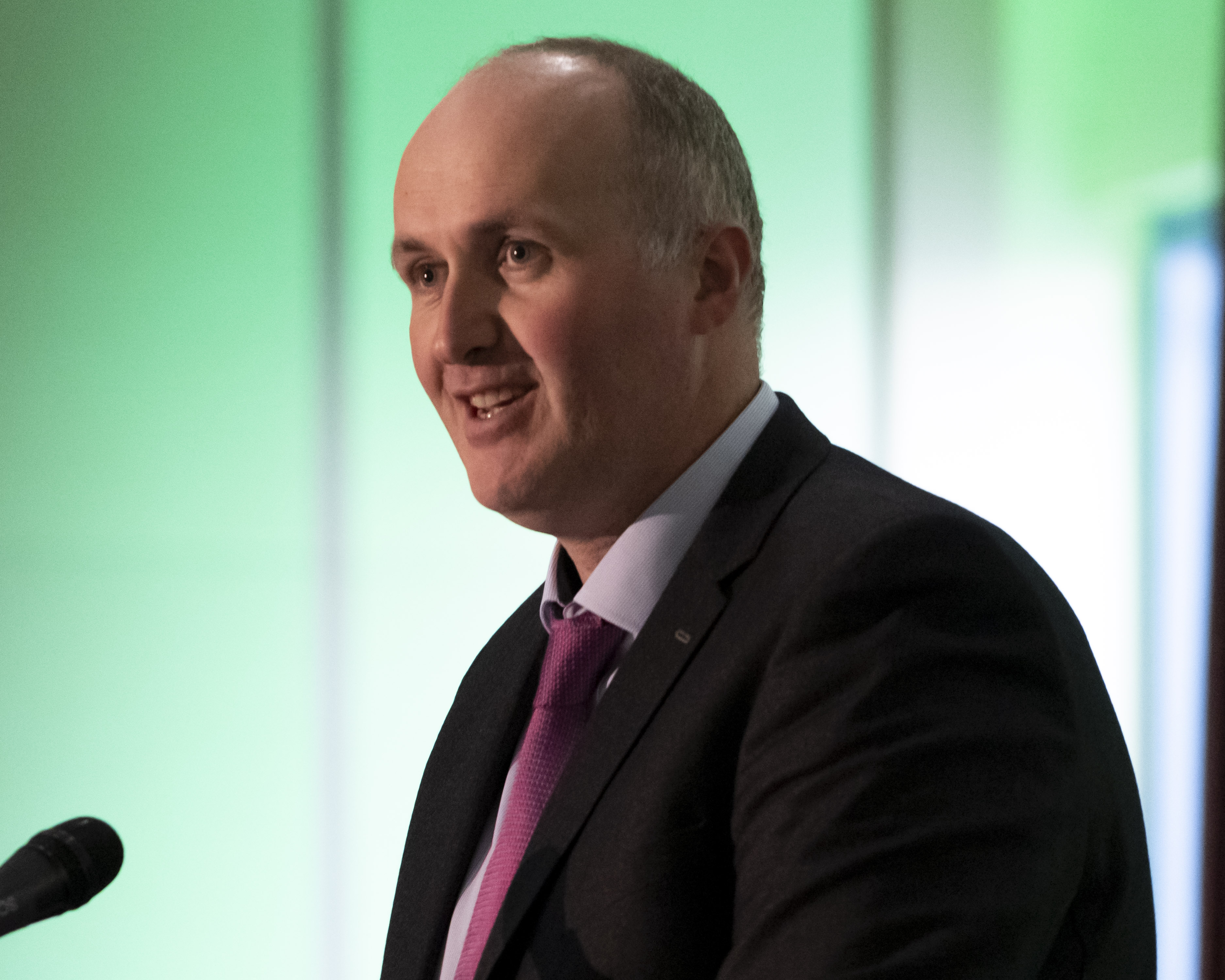A group of rural Fine Gael politicians has said that the current “wave of finger-pointing” on emissions runs the risk of tarnishing Ireland’s reputation as one of the world’s most sustainable food producers.
The statement has been issued by TDs John Paul Phelan, David Stanton, Charlie Flanagan, Paul Kehoe and senators John Cummins and Garret Ahearn.
It comes as intense government debate continues ahead of various sectoral emissions ceilings being signed off on.
The proposed target for agriculture will involve an emissions cut of 22-30%, relative to 2018 levels.
However, there are doubts over whether agreement will be reached ahead of Wednesday’s (July 27) Cabinet meeting.
Emissions
In their joint statement, the rural Fine Gael public representatives said:
“Other sectors of our economy are producing higher emissions yet the prevailing narrative being taken by many commentators in the media, environmental NGOs [non-governmental organisations] and others is that culling animals is the only way to save the planet.
“It is right to set ambitious targets for carbon emissions reduction but the key to delivering on those targets is both that they are achievable and that those in the sector can buy into the process by knowing that they are underlined by fairness.
“The false narrative so common in the Irish debate on climate change places all the blame on both farmers and rural dwellers, this is just not accurate,” they said.
The group outlined that research and innovation in agriculture has had a huge impact and “more is to come”.
They pointed to existing schemes aiming to reduce the environmental impact of beef cattle, the investment of farmers in solar panels and multi-species swards to improve clover cover, and the use of low emissions slurry spreading (LESS).
“The simple fact is that when it comes to food production, Ireland is among the most sustainable countries in the world. We are facing food shortages all over the globe.

“If we decimate our family farm sector, the food will have to be produced elsewhere. Do we want our food coming from factory farms in other parts of the world with little or no regulation?
“We are not climate deniers. But what we urgently need is fair play for rural Ireland. Burden sharing is important. Farm families and all rural dwellers cannot and should not be scapegoated.”
The Fine Gael group questioned why there has been no substantial government support to develop anaerobic digestion (AD).
“Farm families who’ve invested in solar, who’ve invested in technology, who are working with Teagasc and other organisations to boost their sustainability credentials and pass family farms onto the next generation are being branded the bad guys yet again,” they concluded.
Meanwhile, the president of the Irish Creamery Milk Suppliers’ Association (ICMSA) told Agriland that he would welcome the opportunity to allow science to evolve on the issue of agricultural emissions.
Pat McCormack was reacting to media reports which suggested that a lower emissions target is being considered for the agriculture sector that would be subject to a review in the short-term.
The ICMSA president explained that there are currently conflicting expert opinions when it comes to emissions from the sector.

However, the ICMSA president said that “the pedal should not be taken off the metal” when it comes to cutting emissions in agriculture.
He outlined that progress with the use of protected urea and low emissions slurry spreading (LESS) needs to be built upon.
McCormack believes that emissions need to be considered on a global scale.
He said that if lower emissions are achieved in Ireland there could be ‘leakage’, meaning that production will increase in less efficient countries.
“We are a food producing nation. Let’s leave the car exporting to Germany and the dairy and beef to Ireland,” he added.
